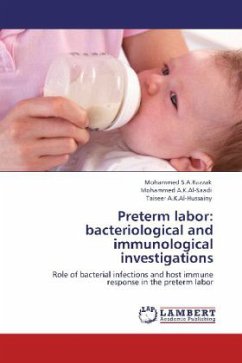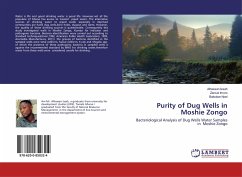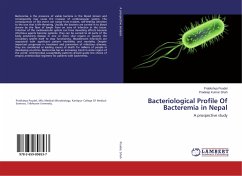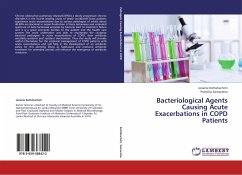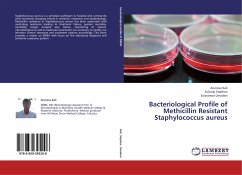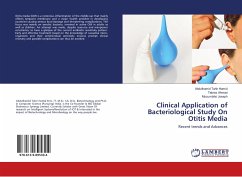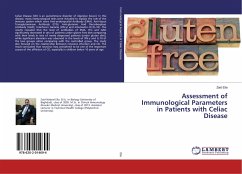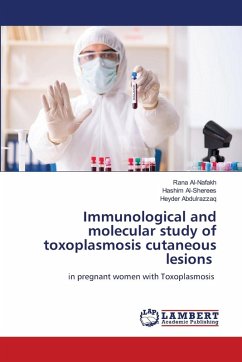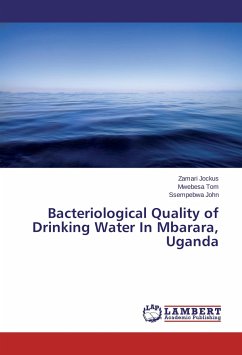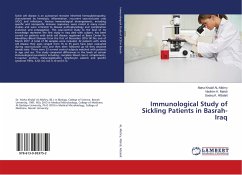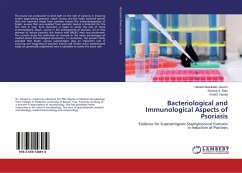
Bacteriological and Immunological Aspects of Psoriasis
Evidence for Superantigenic Staphylococcal Exotoxin in Induction of Psoriasis
Versandkostenfrei!
Versandfertig in 6-10 Tagen
45,99 €
inkl. MwSt.

PAYBACK Punkte
23 °P sammeln!
This study was conducted to shed light on the role of bacteria in inducing and/or aggravating psoriasis. Staph. aureus was the major bacterial species that was reported singly from psoriatic lesions.The enterotoxigenicity of Staph. aureus that was isolated from psoriatic lesions is detected for the first time in Iraq. Such detection is made to clarify the role of these enterotoxigenic Staph. aureus in the pathogenesis of psoriasis. An In Vivo attempt to induce psoriatic skin lesions with BALB/C mice was performed. The current study has confirmed an increase in the mean percentages of studied s...
This study was conducted to shed light on the role of bacteria in inducing and/or aggravating psoriasis. Staph. aureus was the major bacterial species that was reported singly from psoriatic lesions.The enterotoxigenicity of Staph. aureus that was isolated from psoriatic lesions is detected for the first time in Iraq. Such detection is made to clarify the role of these enterotoxigenic Staph. aureus in the pathogenesis of psoriasis. An In Vivo attempt to induce psoriatic skin lesions with BALB/C mice was performed. The current study has confirmed an increase in the mean percentages of studied serum immunological parameters. In conclusion, the present study assumed that Staph. aureus superantigen play an important role in inducing and triggering of psoriatic lesions and further more sophisticated study on genetically engineered mice is advisable to clarify the exact role.



